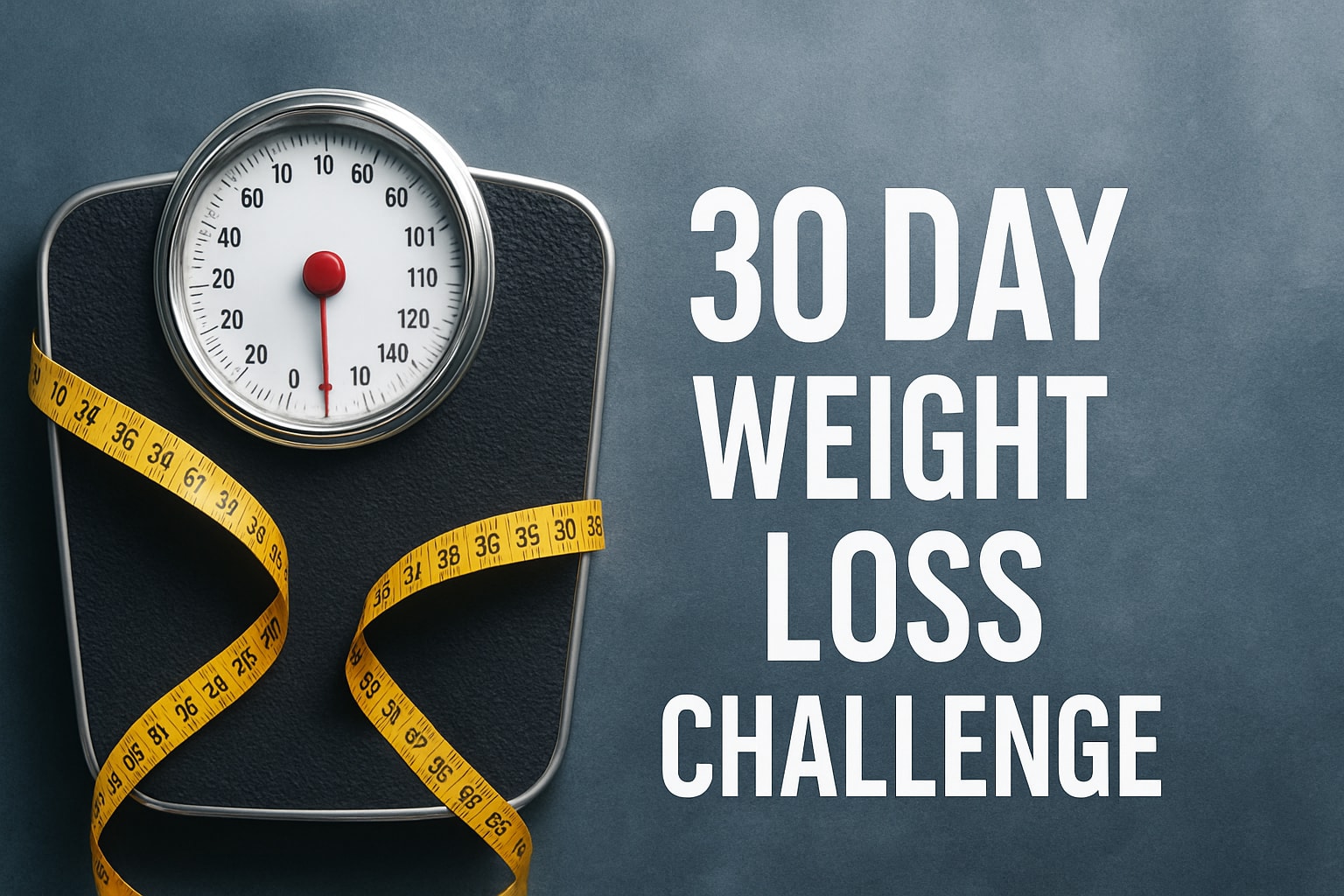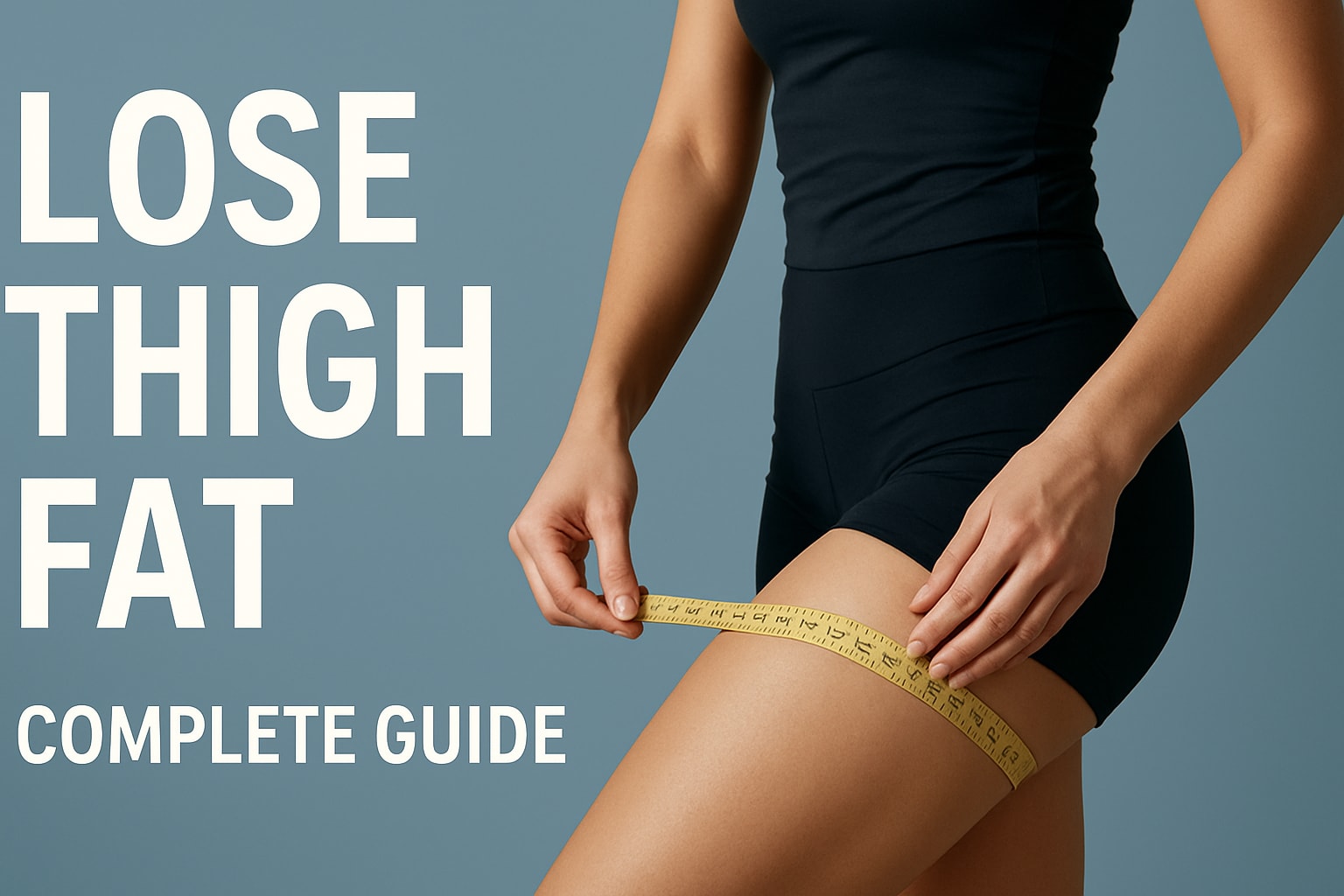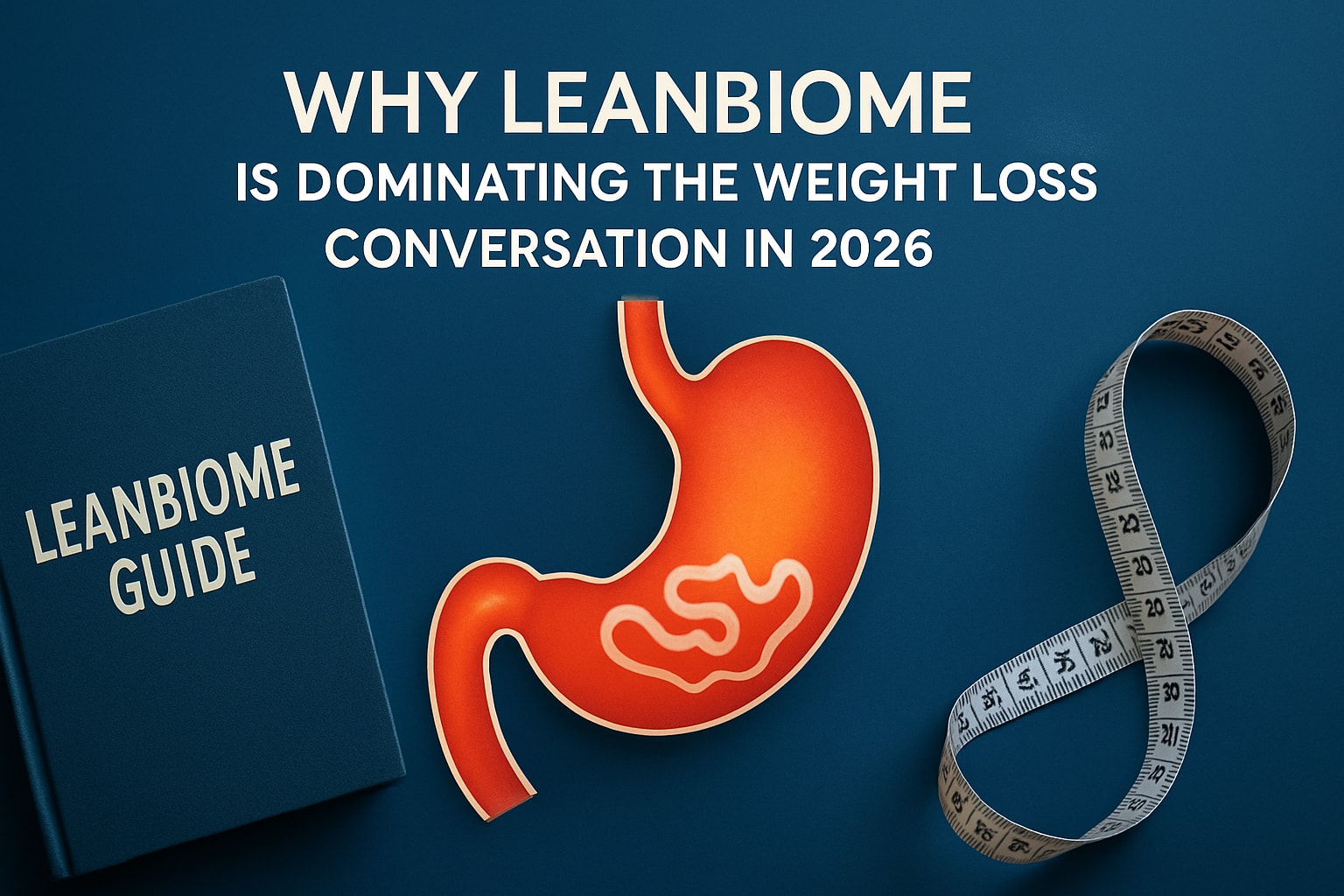While both hypnosis and meditation have roots in ancient traditions, they've evolved to play significant roles in modern health and wellness techniques. This post aims to demystify these practices, highlighting how they differ and what makes them alike. Whether you're looking for tools for stress relief, personal growth, or simply curious about these practices, our analysis of hypnosis and meditation will help you understand which is best for you.
What is hypnosis?
Hypnosis is a natural and focused state of attention. Like when you’re so fascinated by a book that everything else just fades into the background – that's what hypnosis feels like. Its roots stretch back to ancient civilizations, but it gained scientific traction in the 18th century. Today, it's a recognized therapeutic method, used by thousands of practicians around the globe.
While this technique traditionally involved a hypnotherapist guiding you into a deep state of relaxation, there are now tools that simplify its use, like Oneleaf. In this trance-like state, your mind is more receptive to suggestions, but you're not asleep or unconscious.
The power of hypnosis lies in its ability to access the subconscious, easing the process of modifying unhealthy behaviors.
Unlike what is sometimes said, you always maintain control during hypnosis and can't be compelled to act against your will.
With hypnosis, you can act directly on the psychological triggers of your discomfort, instead of trying to go against your natural instincts.
What is meditation?
Meditation, a practice as ancient as history itself, involves training your mind to focus and achieve a mental clarity and emotional calmness. Originating from spiritual traditions, meditation today is often practiced for wellness instead of religious beliefs.
The process of meditation typically involves focusing on something, like your breath, a sound, or a mantra, to anchor your attention. This helps in quieting the endless chatter of the mind, making you more relaxed.
Meditation has many benefits. Regular practice can make you feel better about yourself, your surroundings and your lifestyle. It's also linked to physical health benefits, such as lowered blood pressure and improved immune function.
Hypnosis and meditation: what’s the difference?
While hypnosis and meditation are similar, in promoting relaxation and mental clarity, the practice and most importantly the results are very different. Especially when considering natural pain relief as a primary goal.
Hypnosis leads you into a trance-like state. Unlike meditation, hypnosis directly interacts with the subconscious mind, making it a powerful tool for addressing the psychological aspects of the behavior you’re looking to modify, whether it’s losing weight, quitting smoking, sleeping better, etc.
Meditation, on the other hand, revolves around self-guided practices focusing on breath or a mantra to achieve calmness. It's excellent for general wellness. However, when it comes to addressing specific issues like natural pain relief, eating disorders or addiction, meditation can’t act directly on a specific habit. Meditation is more of a gradual process of nurturing mindfulness, it’s more about learning to find your center and inner peace than actively promoting change.
Hypnosis is a structured and goal-oriented practice, often making it a preferred choice for those with specific objectives like pain management, gaining more confidence, or weight loss. The guided aspect of hypnosis ensures that you focus your attention on particular issues that you determined previously, with the actual goal of changing something in your lifestyle. In contrast, meditation, while beneficial for overall mental health, lacks this direct, issue-focused approach.
Hypnosis can be particularly beneficial for people who find it difficult to meditate. Some people struggle with the open-ended nature of meditation, or lack the discipline required to really reel in the benefits. Hypnosis, by being a more guided and structured alternative, often leads to quicker results, which in turn motivates the user to keep practicing.
For those seeking immediate and focused results, hypnosis could be the more suitable choice. However, incorporating both practices into a wellness routine can provide a comprehensive approach to health and well-being.
















